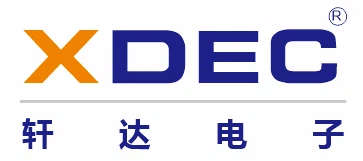In the helmet headset industry, the acoustic performance of speakers is one of the core concerns for brand clients and end-users. Below are the key application requirements and pain points regarding speaker acoustics from industry brand clients.
I. Application Requirements
High-Quality Sound Performance
Requirement: Users expect helmet headsets to deliver clear, rich sound quality, especially for music playback, navigation prompts, and calls.
Solutions:
Use high-performance speaker units.
Optimize audio tuning to ensure balanced highs, mids, and lows.

Noise Resistance
Requirement: In high-speed riding or noisy environments, users need speakers to provide clear audio output while minimizing ambient noise interference.
Solutions:
Implement active noise cancellation (ANC) or passive noise isolation.
Optimize speaker directivity and sealing.
High Volume Output
Requirement: During high-speed riding, sufficient volume is needed to overcome wind and engine noise.
Solutions:
Use high-power speaker units.
Optimize audio amplification circuits to ensure loud, distortion-free output.
Low Power Consumption
Requirement: Speaker power efficiency directly impacts battery life; users seek minimal power usage without sacrificing sound quality.
Solutions:
Adopt high-efficiency speaker units.
Optimize power management to reduce standby and playback consumption.
Water & Dust Resistance
Requirement: Helmet headsets must operate in varied weather conditions, requiring speakers to be waterproof and dustproof.
Solutions:
Design speakers with water/dust-resistant materials.
Obtain IP certification (e.g., IPX5, IPX7) for reliability.

Lightweight Design
Requirement: Helmet headsets should remain lightweight to avoid adding bulk.
Solutions:
Use lightweight materials for speakers.
Optimize structural design to minimize weight.
Durability
Requirement: Speakers must withstand prolonged use and harsh environments.
Solutions:
Employ high-durability materials.
Conduct rigorous reliability tests (e.g., vibration, shock resistance).
